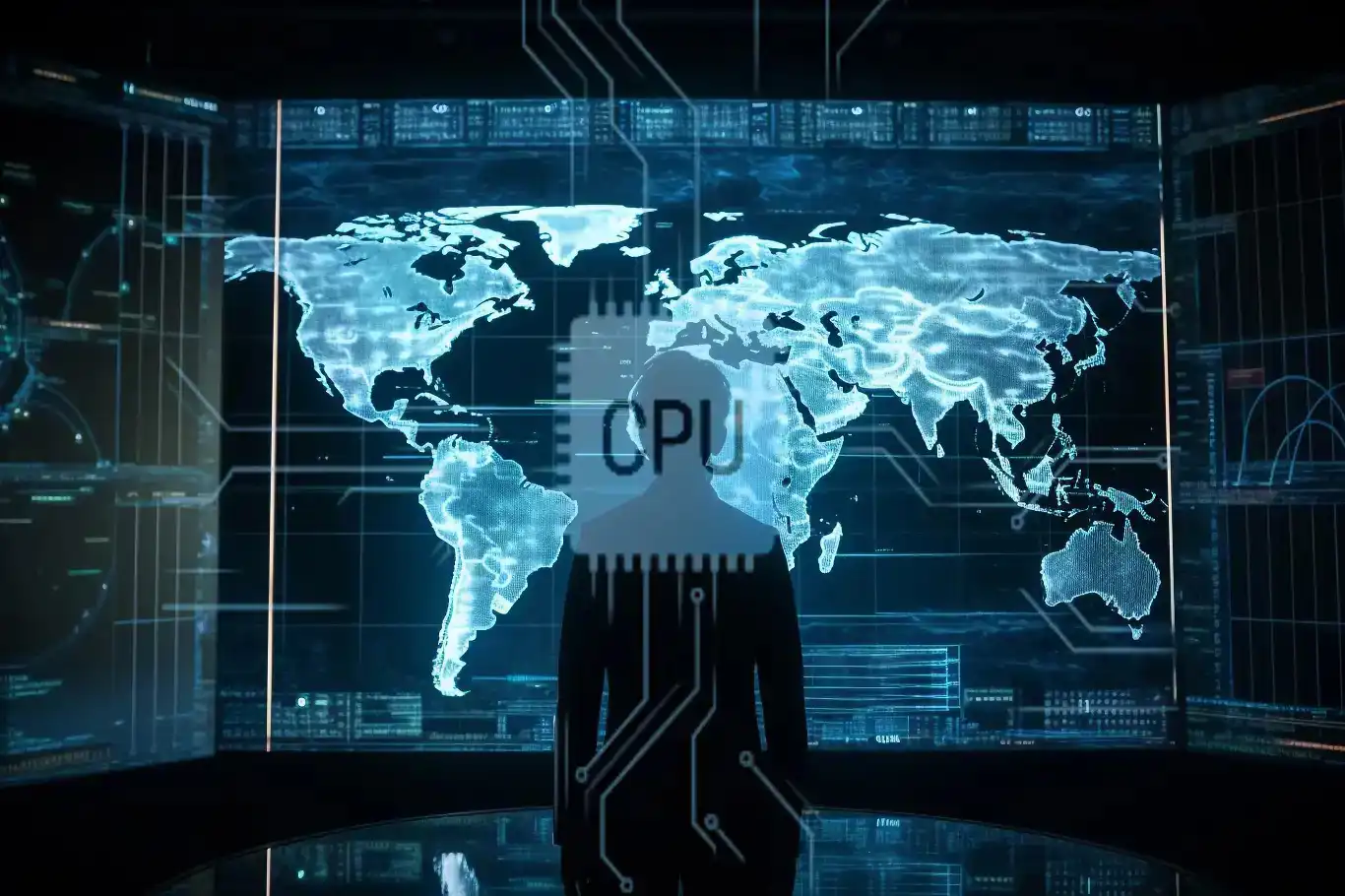Europe struggles to overcome reliance on U.S. and China in global semiconductor race


Europe is facing mounting challenges in its effort to secure a stronger position in the global semiconductor industry as the European Commission works to reduce the continent’s heavy reliance on American and Chinese chip production.
The issue has become increasingly urgent amid growing geopolitical tensions and supply chain vulnerabilities affecting Europe’s high-tech and automotive sectors.
The continent’s dependence on foreign chipmakers was starkly exposed by the recent crisis involving Nexperia, a Dutch-based but Chinese-owned semiconductor manufacturer. In late September, the Dutch government took control of Nexperia, following a series of export restrictions imposed by both the United States and China, which underscored the strategic vulnerability of Europe’s semiconductor ecosystem.
In response, the European Commission has vowed to accelerate its semiconductor self-sufficiency efforts, with a new proposal for expanded chip manufacturing expected in early 2026. The plan is part of the EU’s broader ambition to ensure technological sovereignty, particularly for industries such as automotive manufacturing, artificial intelligence, and defense technology.
However, progress remains slow. A European Court of Auditors report issued in April 2025 criticized the bloc’s current trajectory, stating that while the EU’s goals are “ambitious,” its strategies are “fragmented” and its investments “piecemeal.” The auditors warned that the EU’s current chip production capacity is insufficient to compete with the U.S. or East Asia, both of which dominate global supply chains.
According to official data, Europe accounted for about 9.8% of global chip production in 2022, a figure projected to rise only modestly to 11–12% by 2030 under existing plans — far short of the EU’s target to reach 20% global market share within the decade.
Industry experts say the EU’s focus on cutting-edge chip technology — the so-called “advanced nodes” — has left it vulnerable in other areas. Europe continues to depend heavily on imports of mature and mid-range chips, which are vital for automotive manufacturing, one of the region’s largest and most export-oriented industries.
“The EU misjudged the geopolitical nature of the chip race,” said a senior industry analyst in Brussels. “While it chased the most advanced technologies, it neglected the backbone chips that power vehicles, energy systems, and industrial automation.”
Adding to the challenge are high energy costs, labor shortages, and dependence on raw materials sourced outside the continent — factors that have made it difficult to compete with the more cost-efficient production hubs in Asia and North America.
Despite these obstacles, the European Commission insists that its European Chips Act and upcoming investment framework will lay the foundation for a more resilient and strategically autonomous semiconductor industry.
Officials say the bloc is exploring new partnerships with trusted allies, including Japan and South Korea, and plans to expand domestic fabrication capacity through public-private investments.
As the global semiconductor race intensifies, Europe’s efforts to balance technological ambition with economic realism and geopolitical awareness are emerging as a defining test of its industrial policy in the coming decade. (ILKHA)
LEGAL WARNING: All rights of the published news, photos and videos are reserved by İlke Haber Ajansı Basın Yayın San. Trade A.Ş. Under no circumstances can all or part of the news, photos and videos be used without a written contract or subscription.
China’s Ministry of Commerce announced on Sunday that it will grant exemptions to export control measures on Nexperia chips intended for civilian applications, a move expected to ease supply shortages in the global automotive sector.
Experts warn that quantum computers, which operate fundamentally differently from classical machines, could soon render existing encryption standards obsolete. Recent research indicates that this technology may be approaching a period signaling the end of the current era of digital security.
Iceland has announced a comprehensive national pilot program that will provide hundreds of its teachers with access to advanced artificial intelligence to assist with lesson planning, administrative tasks, and creating customized classroom materials.